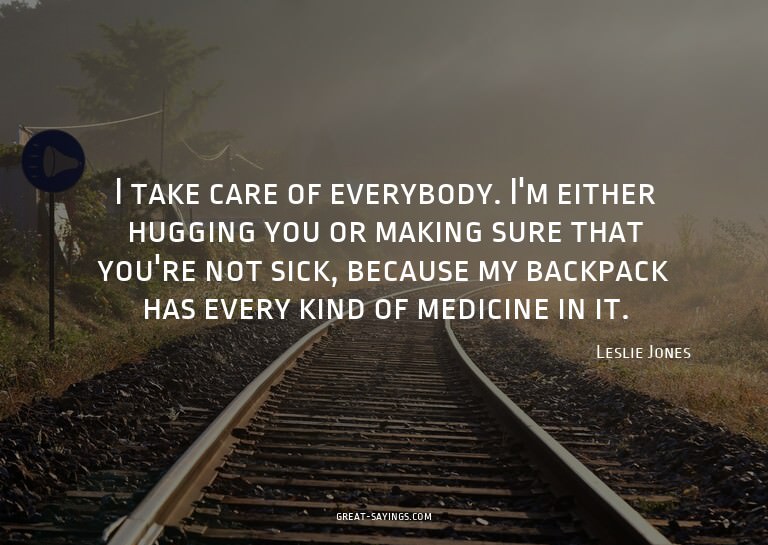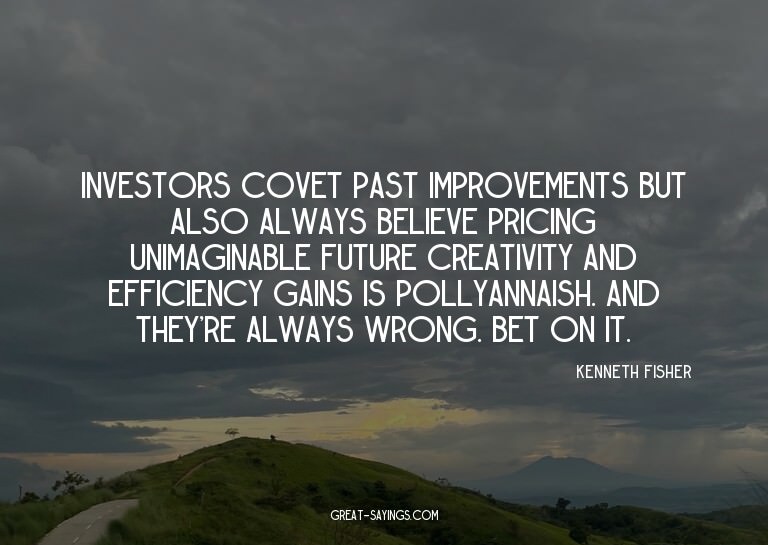Words matter. These are the best Financial Services Quotes from famous people such as Lucy Powell, Gary Weiss, Stewart Butterfield, Dan Schulman, Darlene Senger, and they’re great for sharing with your friends.

Globalisation means that for a high-wage, developed economy like Britain’s to compete we need to focus our efforts on the highly skilled, added-value sectors such as advanced manufacturing, creative industries, engineering and even financial services.
When it comes to making laws that protect the public from the financial services industry, Congress has done a progressively worse job since the Pecora Commission hearings of the early 1930s, which led to Congress taking bold steps to regulate banking and securities firms in 1933 and 1934.
Silicon Valley is the engine for wealth creation. They’ve displaced energy, they’ve displaced financial services, and if we don’t start including a broader array of people in that, the same group of people is going to rise to the top.
No one can say that democratizing financial services is bad. It is good for communities, countries, the global economy, and educational progress.
My background in financial services and my experience as a state representative have given me the ability to identify our country’s fiscal problems and find steps to remedy them.
In disciplines as disparate as baseball, financial services, trucking and retail, people are realizing the power of data to help make better decisions.
The financial crisis of 2008 created a seismic shift in the dynamics of trust in financial services. FinTech would have happened without the global financial crisis – but it would have taken much longer.
As the U.K.’s position as a global financial services hub weakens, our competitors will lose no time in attracting jobs in services from our shores.
Mexico is trapped by a dense network of rent-seekers and monopolies in sectors that are crucial for economic growth, including telecommunications, energy, transportation, and financial services.
The changing nature of money is only one facet of the financial services revolution.
The financial services industry is failing the millennial generation.
The big challenge with Internet financial services has been that it’s very difficult to get large numbers of customers to sign up for your service.
Traditional consumer finance has been unfair for decades. Banks have had a monopoly on financial services and have been able to overcharge and underserve consumers.
Many of the strategy houses don’t have the depth of world-class risk capability that a KPMG has, particularly in industries where regulation is a key driver, such as financial services or healthcare.
Insurance and funding traditionally drive capital investment. But in a world based on access, not ownership, the duration, value, cost and extent of financial services is distinctly different.
People who work in financial services don’t have one shred of concern about the well-being of the people they serve. They’re only interested in themselves.
There’s no understandable reason why the financial services industry has not developed a more comprehensive sharing of the value chain.
Imagine if the pension funds and endowments that own much of the equity in our financial services companies demanded that those companies revisit the way mortgages were marketed to those without adequate skills to understand the products they were being sold. Management would have to change the way things were done.
I am not for buying into financial services firms because I am not sure of the quality.
The ability to scale up is hard. So the best model for us is concentrated India, diversified financial services, and through this, we can get significant scale on an Indian platform.
Nine out of ten adult Americans have a checking account. It’s the most widely used financial services product in the United States.
We will talk to the CIFAS members, financial institutions, about the possibility of closing accounts of people who have no right to be here. If you’re going to create a hostile environment for illegal migrants… access to financial services is part of that.
I want to help create the world’s first global currency built on the Internet and built on open platforms and standards such as Bitcoin, and I want to build a financial services institution on top of that. That’s what I’m doing with Circle.
Our large size, capital base, robust funding profile, extensive distribution network, diversified portfolio, presence across the financial services sector, and leadership in technology position us very well to leverage the growth opportunities across the economy.
As part of my efforts to fight identity theft, I worked with my colleagues on the Financial Services Committee to strengthen consumer protection with a reasonable notification requirement.
We believe digital payments are making financial services more universally affordable, accessible and, therefore, have the opportunity to drive financial inclusion and financial health for billions worldwide.
The amazing thing about IBM is that it’s a company where I have had 10 different careers – local jobs, global jobs, technology jobs, industry jobs, financial services, insurance, start-ups, big scale. The network of talent around you is phenomenal.
As chair of the Treasury Select Committee I hear time and time again just how important E.U. citizens are to the financial services sector. It is also apparent just how critical they are for our NHS too.
Rising incomes and positive demographics will provide opportunities for retail financial services in India.
Competition and variety in financial services are always good things.
Probably the hardest question I get asked is, ‘How do I choose between passion and practicality?’ I can’t answer that. I had to do both. I was passionate about pursuing a career in financial services. But I was also passionate about feeding my child.

The time horizon may be too long for sole reliance on market solutions – but perhaps the inventiveness of the financial services industry will prove me wrong that point!
When I worked in financial services, as part of a female-led business, I found that pitching to very male-dominated boards created stress.
Media is very different from financial services. People are very fickle and very vocal. They believe that things should be one way and not the other. It’s still very rewarding to build products for huge audiences. It feels like you’re making an impact.
We do recognise that there are areas where the current financial services market, the banking market, just isn’t working for chunks of the British economy.
In 2003, Travelex acquired Thomas Cook Financial Services. We only had use of the Thomas Cook name for five years, so I had to increase public awareness of Travelex to migrate all Cook operations over to it. It was a success.
I am in a traditional financial services business – but we at Fidelity can see that the evolution of technology is setting our industry up for disruption. What if this technology could do for the transfer of value what the Internet did for the transfer of information?
I want Britain to be the home of successful competitive and stable financial services.
It’s obvious that St. Louis has certain advantages compared to other cities: namely, a concentration of financial services.
There’s a market for fiction based on financial services. People wanted me to write stories based on this sector. There’s a gap in the market, and I’m trying to fill it.
Too few people in my old field of financial services were ever brought to book for their part in the 2008 crash.
We want to say in unambiguous terms that we’re a different type of financial services company.
We are legitimate players in the financial services industry.
We are not into financial services, and we are not interested also because we find we are better in branded marketing enterprises.
We’re trying to democratise financial services, to ensure that management and movement of money is a right for all citizens, not the privilege of the affluent.
The financial services industry is a ward of the state.
Liverpool, Manchester, Newcastle and Leeds have successful financial services sectors. There are good universities there which provide great opportunities for local technological innovation. And there are strong multinational and family businesses.
I represent Staten Island and Brooklyn, and not just that the financial services industry is important to the U.S., but is disproportionately important to New York City.
The growth of FinTech has been driven by adoption across age groups, but the demand from the millennial generation to innovate and think about financial services differently has been a catalyst for change.
Technologies, including cell phones, have the potential to help millions of poor people out of poverty by enabling access to a range of safe, affordable financial services – most importantly, savings accounts – that have long been out of reach.
One of the roles of the Treasury committee is to look under the bonnet of the financial services sector to shine a light on any of its shortcomings.
Fortunately, in Piramal Enterprises, we are in three broad sectors. One is in the whole financial services sector, the second is in pharmaceuticals, and the third is in healthcare analytics and data.
Pages: 1 2












